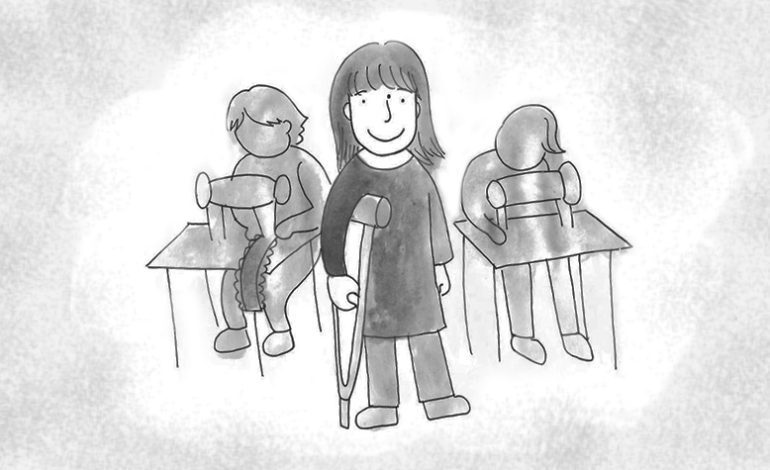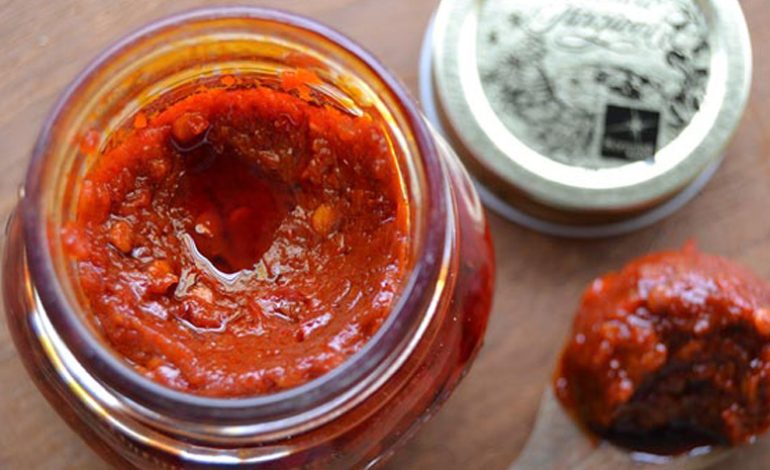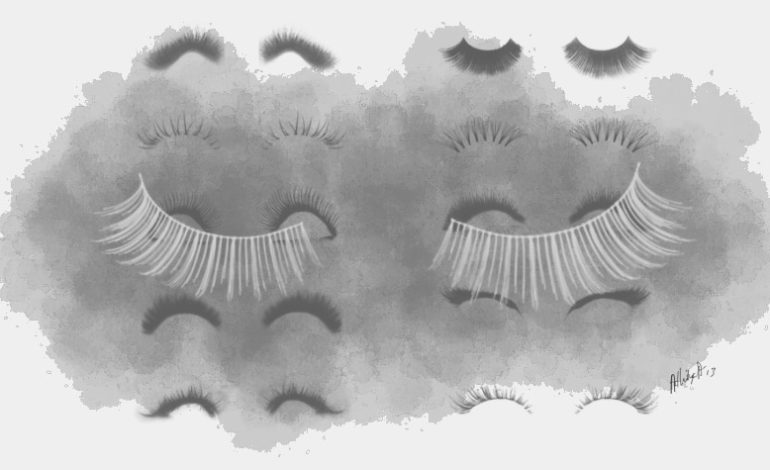How to Make an Empowering Mat

At slightly over 1.50m and walking with the help of a crutch because of her polio, Irma Suryati is an unstoppable force.
The 38 year-old, who produces mats in cute animal designs, is what is now commonly known as a socialpreneur, though it was not what she set out to become when she started making home furnishing goods out of scrap fabrics 18 years ago. In those days she simply needed to make a living, unable to find a job due to her physical disability.
Since then she has helped about 3,000 other differently abled people stand on their own two feet by giving them free training and sewing machines to produce mats, which she sells in domestic and overseas markets.
Her work extends beyond the disabled people. She has also trained thousands of people who belonged to various community groups, from housewives to sex workers and transvestites.
“I want them to become empowered, especially the disabled,” she told Magdalene in an interview at her workshop in Kebumen, Central Java.
“Some of these people were dropped here by their families, because they heard about me, and they wanted to become independent like me. They came with nothing—some of them can’t walk and didn’t even have a wheelchair or a crutch. They would crawl in, and I had to find them crutches,” she said.
Irma can relate to this longing to be self-reliant. In Indonesia, the majority of physically disabled people still have difficulties living independently because of discrimination and a lack of access to employments.
Polio has left her with an atrophied leg since she was four, and her parents initially did not send her to school, fearing she would be abused by other kids.
But she would go to school anyway in her hometown in the province capital of Semarang, standing outside the classroom and watching lessons being taught from the window. Once in a while she caught the attention of the teachers, who found that she was the only person who could answer questions posed to the students.
Finally, the principal took notice of the little trespasser and offered her to attend the school. Within four years, she graduated from primary school and continued until high school.
After high school, Irma went to a state-owned vocational training center for the disabled, where she learned photography. There she met her future husband, who was studying electrical engineering at the same center.
But after the training in 1995, finding a job proved to be difficult. She was rejected by 15 companies and factories on account of her disability.
Tired of rejections, she had an idea for a business. Near her home, there were mountains of textile wastes from the surrounding garment factories, which normally burned the scraps and dumped the waste in the river.
Irma went to one of the factories and asked if she could bring home the fabric scraps.
“The factory boss laughed and said, ‘sure, if you can hire a truck and get them yourself’, because there were tons of scraps. He didn’t think I would do it.”
The next day, Irma showed up with a truck and hauled the scraps. She turned them into quilts, tablecloths and mats, and began selling them around her neighborhood and at the market.
When orders increased to 100 pieces a month, she trained other disabled people and hired them to work for her. Within three years, she employed 50 people, all of them with different disabilities. She married her training center sweetheart and continued to expand the business. And then a tragedy struck.
In 2002, fire engulfed her home, where her shop and workshop were located, leaving Rp 800 million (about US$67,000) in losses.
“I had nothing left on me, only one sewing machine and one display shelf that had been borrowed by a friend.”

The couple returned to her husband’s village in Kebumen to set up a new business there. To get the capital, she convinced the local district head Rustriningsih, to loan her Rp 5 million to start a training program for the disabled in the district.
Rustriningsih took the money out of her own pocket for Irma, who used it to pay rent and buy scrap fabrics. Within a year, the program was deemed a success that the local government decided to fund the project using its budget.
To expand her market, in December 2007, Irma left for Jakarta with her sister. They took a public bus and brought 5,000 mats with them to sell at the Tanah Abang textile market. When they arrived, the market was closed, so they had to stay the night at the market.
Heavy rain over night left the market flooded the next morning, and half of her mats were ruined. But in the midst of this chaos, she saw on a page of a newspaper an announcement calling for young small-and medium-scale entrepreneurs to register for a competition being held by the Ministry of Youth and Sports. The winner was to receive Rp 100 million.
After selling the remaining half of her mats at the market that day, she and her sister took off to University of Indonesia in Depok, a suburb an hour and a half away from Jakarta, to register in the competition. But here, she was told initially that she could not join the competition because she lacked a university degree. After some convincing, and with the help of a professor who happened to be there, she was allowed to register.
Irma eventually made the top 10 out of the thousands of people who competed, and was asked to return to Jakarta for the selection process.
“They told me to buy a plane ticket and they would reimburse it in Jakarta. But I had no money, so I sold my sewing machine for Rp 150,000 to buy a bus ticket and for my expenses.”
“When I arrived the other participants looked very sophisticated. They carried trolley bags and laptops, and there I was with my big shopping bags filled with samples of my products,” she recalled, laughing.
Asked how she would present her material for the judges, she told them she did not need a laptop because she had everything in her head.
“The judges asked me what kind of impact my business had, I said I gave the disabled work and I helped reduce unemployment,” she said.
At the end of the 10-day selection process, she was awarded the first prize and a plane ticket to any destination in the world that she wanted. She chose Australia because that’s where she wanted to market her goods. She used the Rp 100 million prize money to build a house and a workshop at her husband’s property, and to buy some sewing machines and material.
These days, Irma trains the disabled at her house, giving them free room and board, until they are ready to go home. Once finished, they are each given a sewing machine and 1-quintal worth of scrap fabrics, which is now sold by garment factories at Rp 3 million per ton.

They make the mats based on her designs at home, and sell the products back to Irma. Since then, Irma has also received some funding from companies and donor agencies.
To subsidize her program, she also offers trainings for non-disabled people belonging to community groups. For Rp 4 million, each person gets two sewing machines, a quintal of scrap fabrics, and two days training.
Every month, she sells about 200,000 mats, stuffed animals, bags and cushions to local and overseas markets, earning about Rp 20 million to Rp 30 million in profits.
The amount is much less than she was making in Semarang before the fire, she said, but she is happy to take part in empowering the disabled.
“Success is not just about how well your business is doing. It’s happiness that comes from helping people,” she added.






















